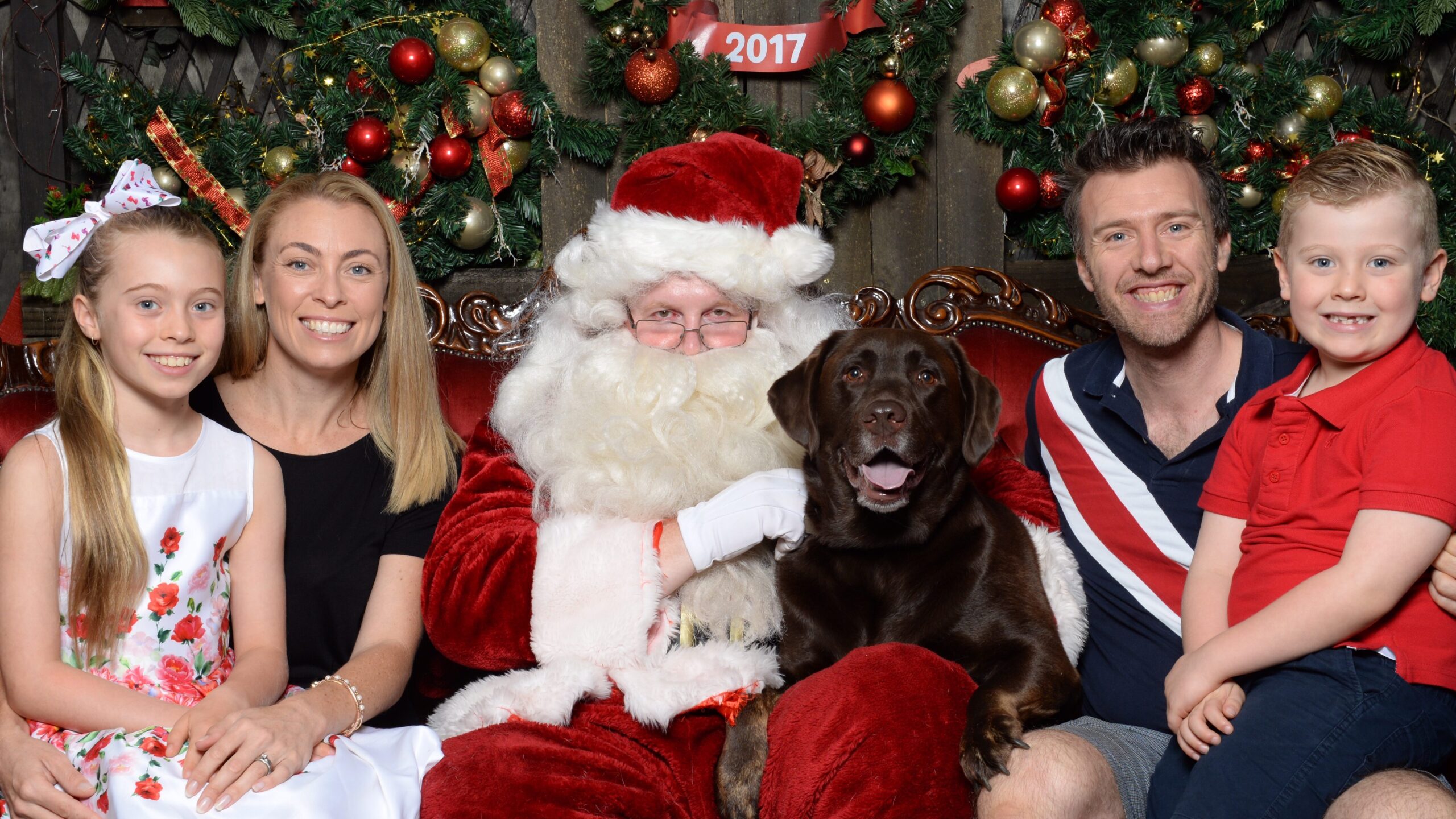
Cancer wasn’t on Tim’s radar. At just 33, and with a wife and two small children under the age of five, he was busy juggling his work as a high school science teacher and raising a young family. So, when a small, painless lump appeared, he wasn’t expecting that a precautionary doctor’s visit would lead to a diagnosis.
“I remember finding a lump in my left testicle before the Christmas holidays in 2014. I wasn’t too concerned as I felt no pain. For peace of mind, I went to the doctor and my world was turned upside down,” says Tim.
Treatment when you’re in your 30s
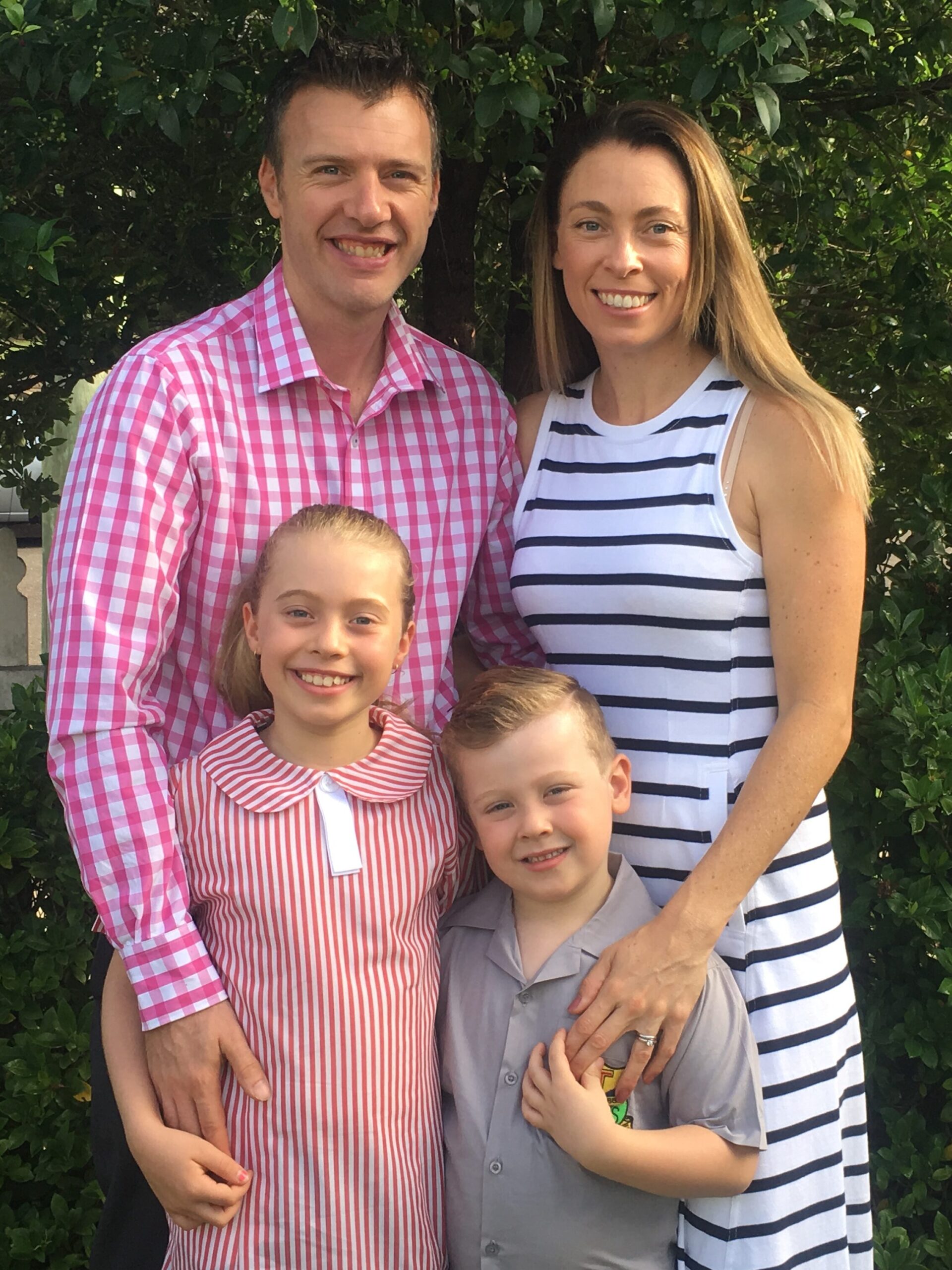
Sitting in a waiting room before treatment was challenging for Tim. He was surrounded by older men in their 60s, 70s and 80s, and being a man of only 33, he was worried people were thinking there was “something wrong with him” because of his age.
And all the information he received during his appointments was too much for him to process.
“When you’re going through treatment, there’s so much information that you don’t understand. My doctors were terrific, but you’re not always in the right headspace to take it in,” says Tim.
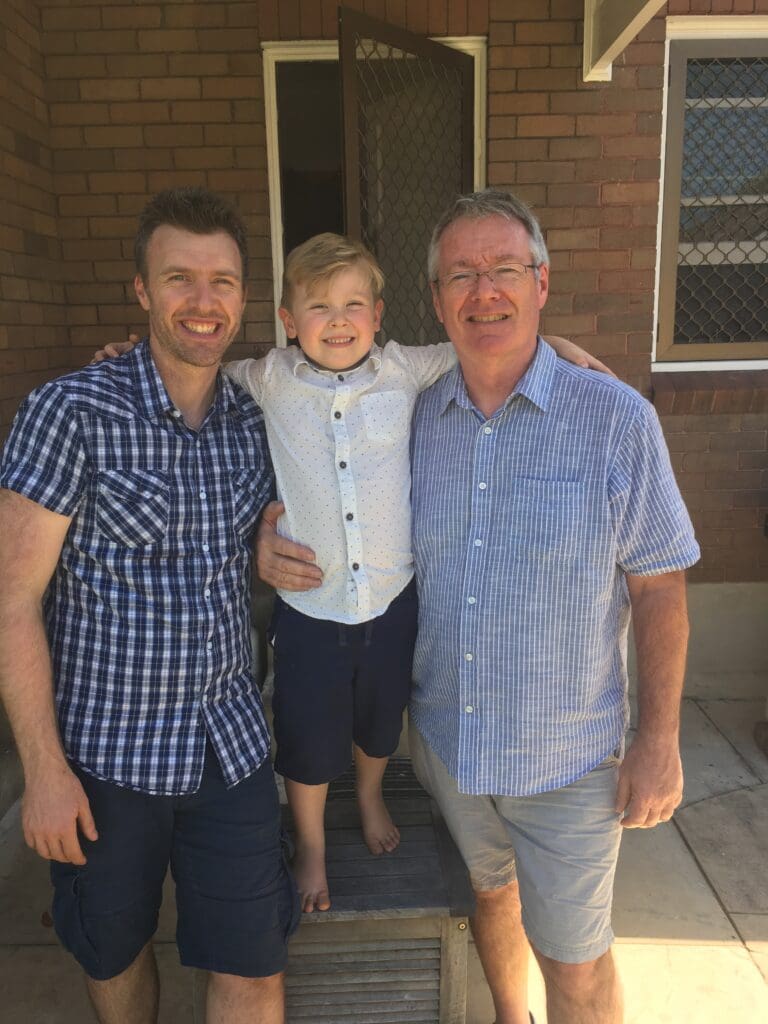
Thankfully, he found trusted information resources by Cancer Council during his treatment at Westmead Hospital. After scanning the available pamphlets, he then explored Cancer Council’s website to find the information he needed to navigate the journey ahead.
“Cancer Council resources are great because the language is really accessible, and the photos, videos and stories make a huge difference. They make you feel connected to other people’s lived experience,” shares Tim.
Tim received surgery to remove the affected testicle, but three months later, doctors found another tumour. He was then recommended radiotherapy.
Supporting your mental health
Receiving a cancer diagnosis and going through treatment can take a mental toll on people.
And for Tim, the initial stages of his cancer experience involved a lot of sleepless nights.
“Sleep was incredibly difficult. I would spend nights looking at myself in the mirror asking myself, ‘Why me?’. I felt overwhelmed, angry, upset, and felt like I had no control over my life. My brain struggled to comprehend what it all meant,” explains Tim.
Tim remembers the uncertainty of treatment making things even harder.
He says, “different doctors suggest different approaches, and there’s no one-size-fits-all solution. You start to wonder what the right path is.”
But Tim decided to seek counselling, which he shares was not only for himself, but also his family.
Relationships following cancer
Tim’s diagnosis affected his relationships, particularly with his friends who felt unsure of how to speak to him about testicular cancer.
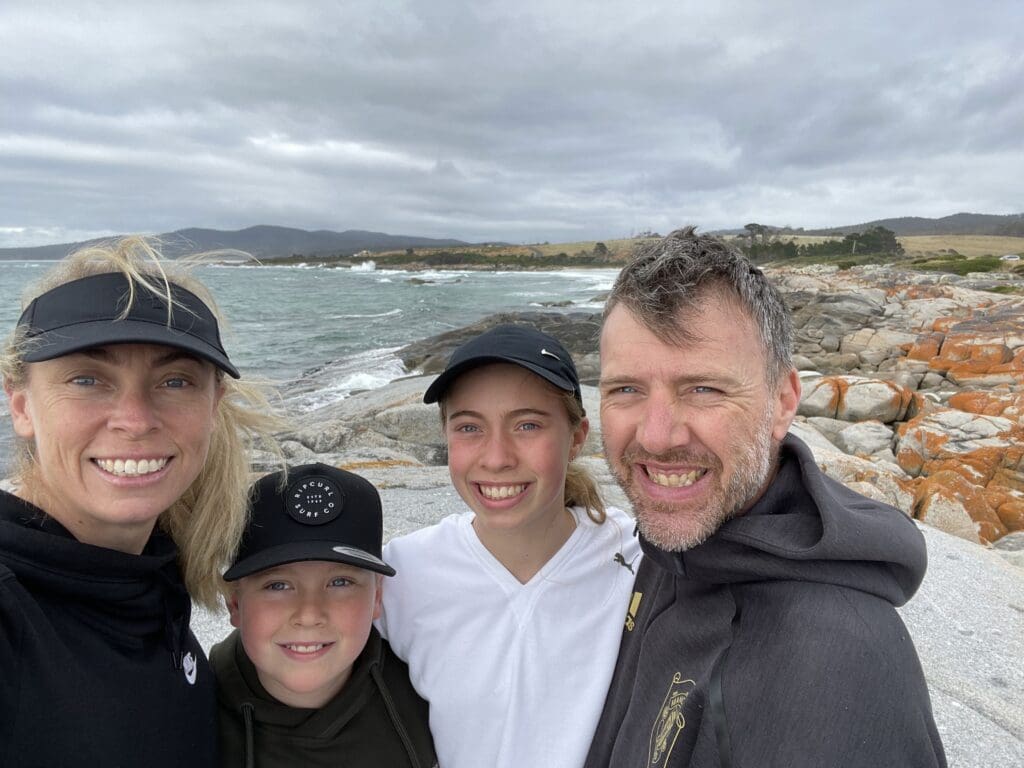
“I spent more time trying to make people comfortable about my diagnosis. I found myself talking about it a lot, and it was consuming many conversations. I felt like this was how people saw me, and I began to define myself by this,” says Tim.
What helped Tim feel more connected again was speaking to others who shared the same cancer experience as him.
Tim says, “the best thing I did was reach out to someone that had had a similar journey to me. I felt ‘normal’ and connected to people again. I know I could never repay him for what he did for me, but the empathy I have for people has enabled me to give back to our cancer community.”
What’s next for Tim
It’s now been nine years since Tim’s testicular cancer diagnosis. And after a few follow-up scans, Tim will have his final check-up in 2025.
Now, Tim is passionate about raising awareness of testicular cancer and supporting others who may be affected by the disease.
And he has some words of encouragement for those experiencing cancer:
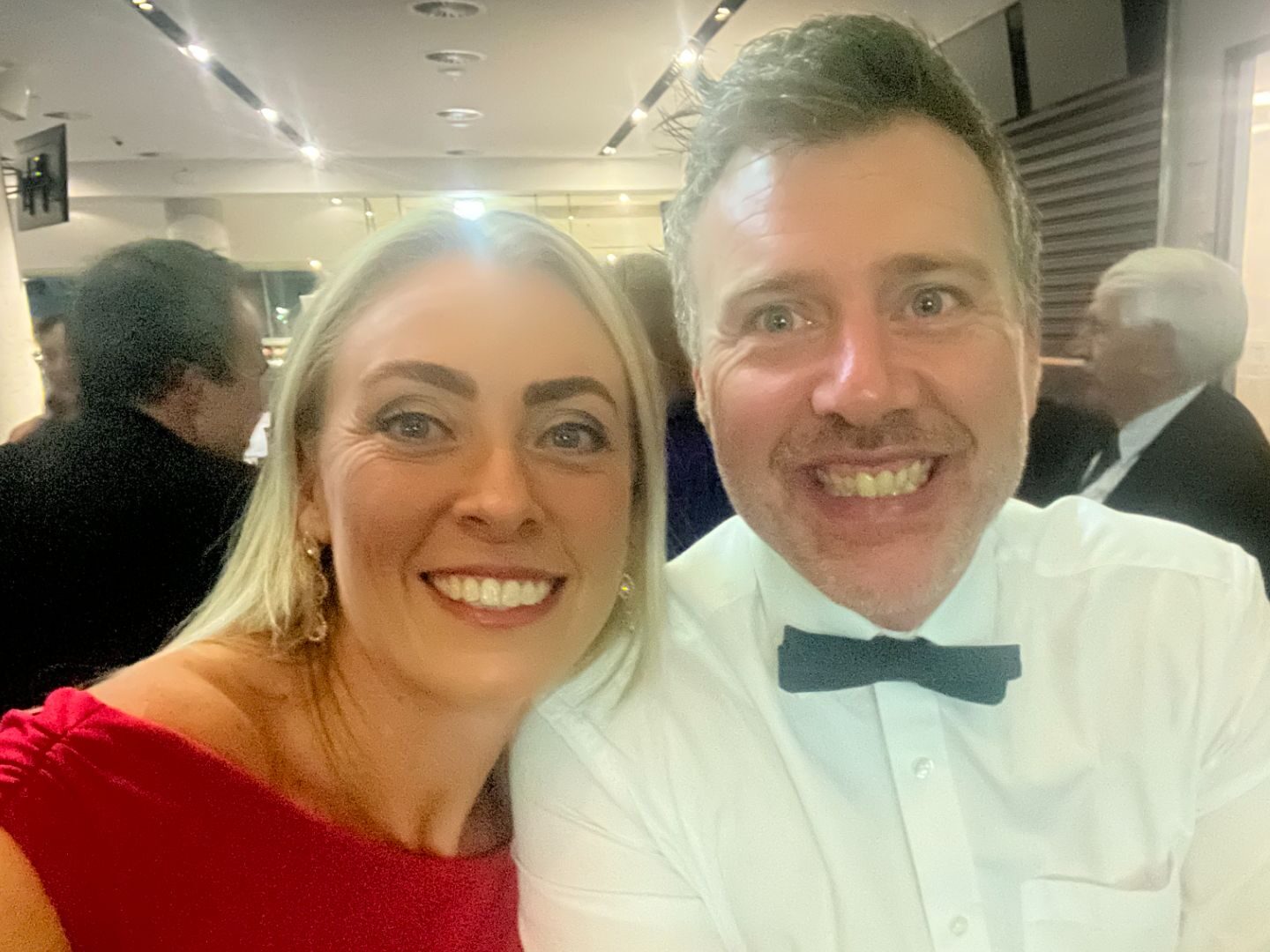
“There are times when you feel pretty desperate, and you have to make sure you are surrounded by good people. It felt pretty surreal at the time, and it doesn’t even feel real now. I was lucky to have my awesome wife and kids, family and friends to help me get through each day at a time”, says Tim.
“There is no perfect path to follow. Hope is hard to find but you will find it and you will get through it. This experience will never define you, but it will help shape you to become a stronger and more resilient person.”






